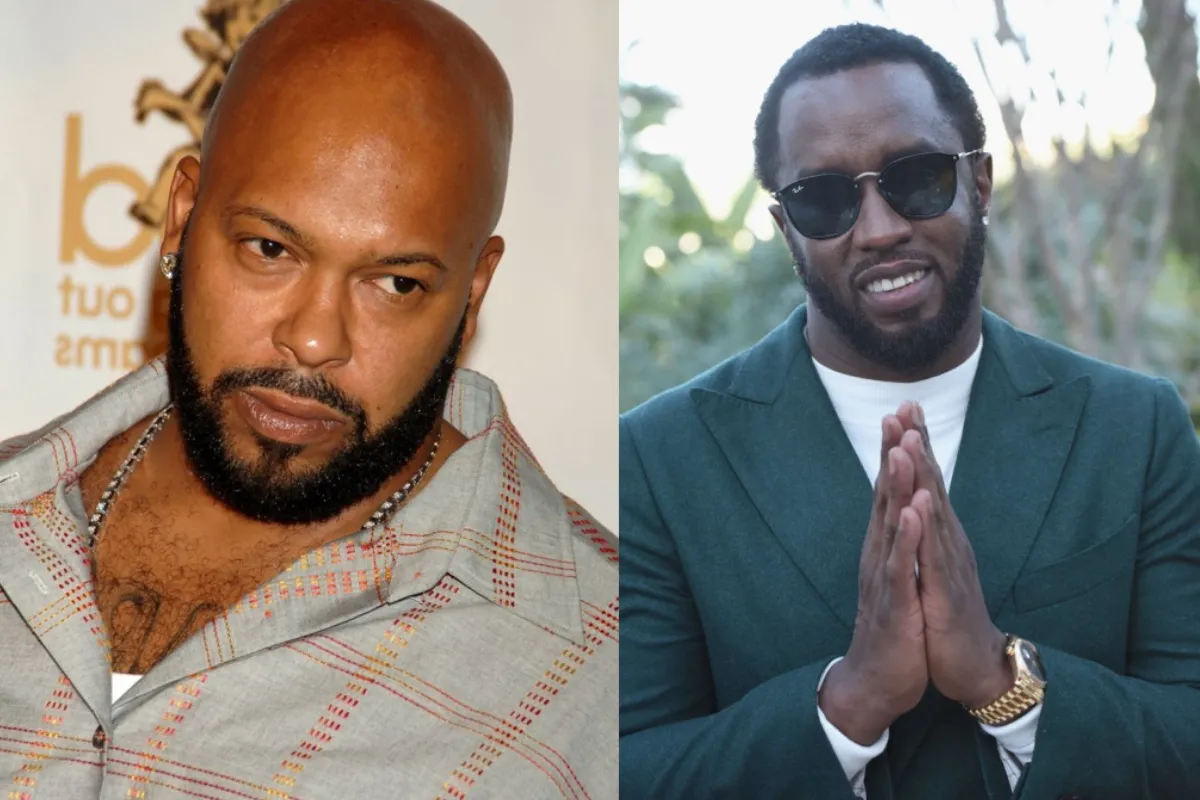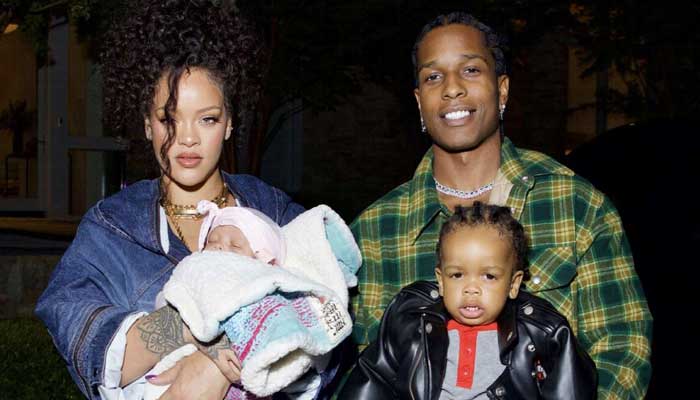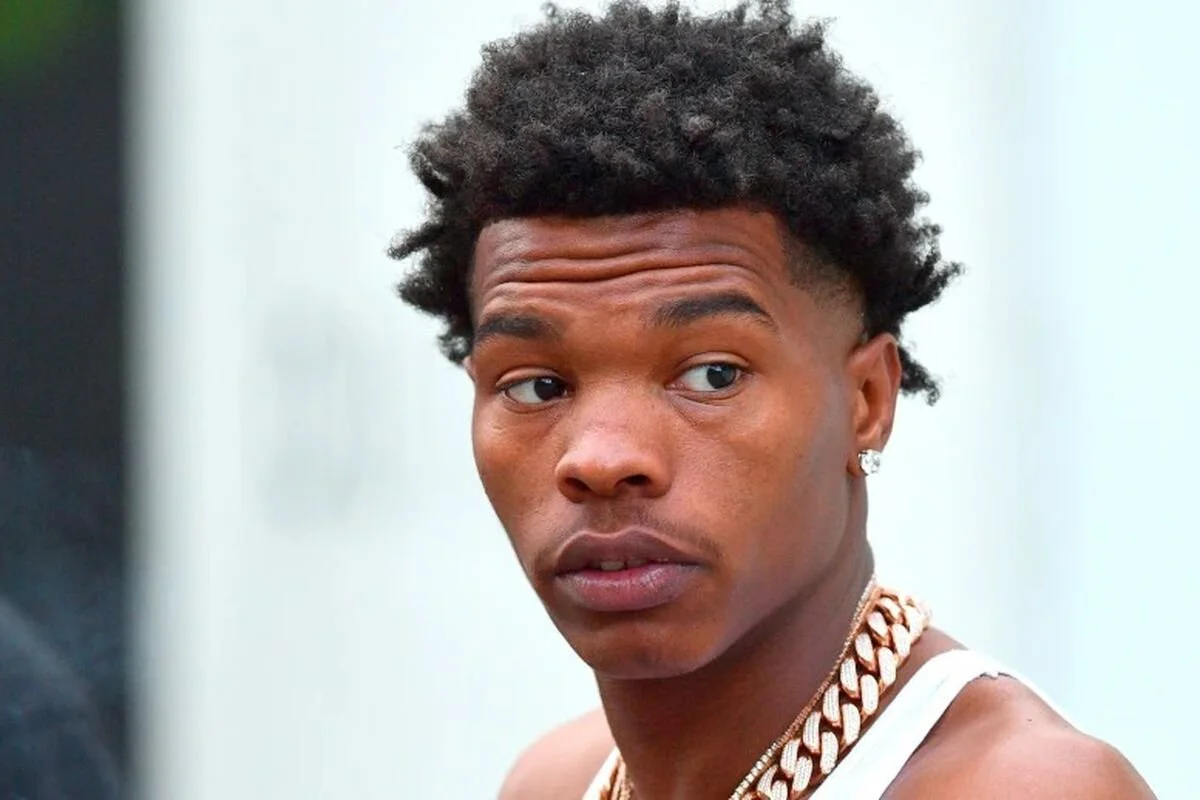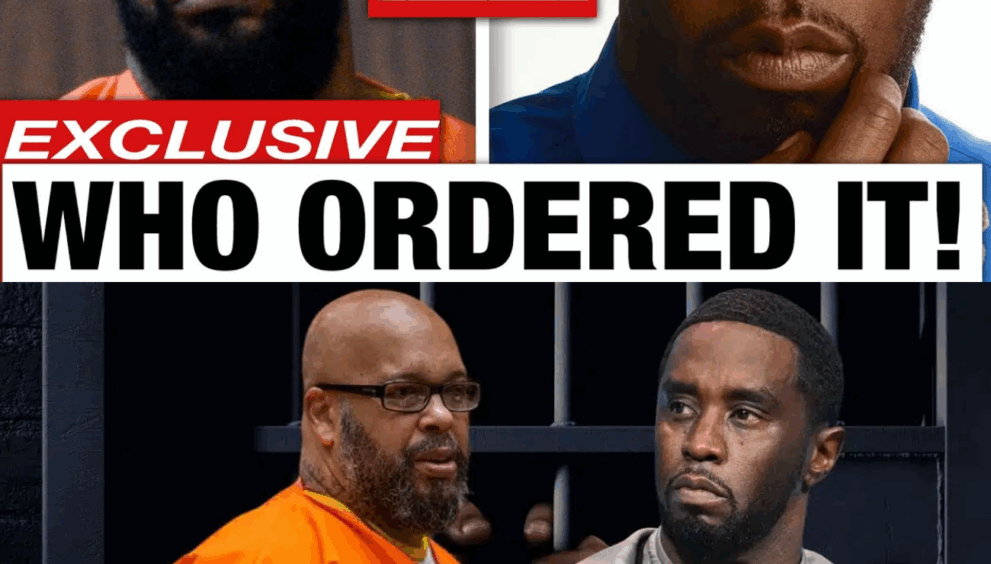
Suge Knight Backs Gene Deal’s Explosive Claims on Diddy—From Prison
The hip-hop world is no stranger to controversy, especially when it involves legendary figures whose legacies continue to shape the industry. Recently, the rap community was sent into a frenzy after former Bad Boy Records bodyguard Gene Deal made several explosive allegations about Sean “Diddy” Combs. Adding fuel to the fire, Marion “Suge” Knight, the currently incarcerated Death Row Records co-founder, has publicly voiced his support for Deal’s claims, sparking renewed interest in the longstanding saga of East Coast-West Coast rap rivalry, unsolved mysteries, and hip-hop’s complicated history.

A Storm of Allegations
Gene Deal, a man who personally witnessed the rise and tumult of Bad Boy Records at its peak during the 1990s, has stepped into the limelight, revealing alleged secrets about his former boss, Sean “Diddy” Combs. Deal’s claims include disturbing levels of behind-the-scenes deception, manipulation, and even direct involvement in some of the rap world’s darkest, unsolved incidents. He contends that Diddy was not merely a bystander in the violence and chaos that engulfed the hip-hop community during that era, but rather an active architect who orchestrated events from the shadows.
Deal’s allegations come at a time when Diddy’s legacy has been increasingly scrutinized, both for his business practices and personal dealings. While Diddy—also known as Love—has built a fortune and the status of a cultural mogul, whispers of past controversies, beefs, and unresolved cases have persisted, quietly simmering for decades. Deal’s assertions threaten to bring these controversies back to center stage.
Suge Knight’s Perspective—A Voice from Behind Bars
Marion “Suge” Knight is no stranger to scandal. As the co-founder and former CEO of Death Row Records, Knight was a key player in hip-hop’s most dramatic chapter—the 1990s rivalry between East Coast and West Coast rap factions, largely embodied by Bad Boy (helmed by Diddy) and Death Row (led by Knight).
Currently serving a lengthy prison sentence for voluntary manslaughter, Suge Knight has grown accustomed to the isolation of incarceration—but he remains deeply connected to the music industry’s pulse. In recent recorded statements relayed by mutual contacts and published through hip-hop media outlets, Knight gave surprising validation to Gene Deal’s allegations, arguing that Deal’s perspective lines up with his own recollections and knowledge of the era.
“Suge Knight has spent decades insisting that the truth would come out, and he says what Gene is saying is close to what really went down during those years,” said a source familiar with Knight’s position. “He believes the world needs to listen to what Gene Deal has to say, because only a handful of people were really in those rooms when history was made—and dark deals struck.”
The Legacy of Unsolved Tragedy
Few stories loom as large in hip-hop as the unresolved murders of Tupac Shakur and Christopher “The Notorious B.I.G.” Wallace. Both deaths rocked the music world, signifying not just the loss of two iconic artists, but exposing a rift that had split the industry in two. For years, speculation has swirled that industry insiders or executives may have been complicit, or at least aware of the dangers brewing.
Gene Deal’s narrative points an accusatory finger at Diddy, suggesting that he was more aware—and possibly more involved—than the public has understood. Suge Knight’s support for Deal’s claims only amplifies the sense that persistent questions about the past may not remain buried forever.
“People have tried to bury the real story for years,” Suge Knight reportedly said during a recorded phone call from prison. “But men like Gene, who saw everything, know where the skeletons are. If the truth comes out, a lot of folks won’t be able to look at Diddy the same way.”
Hip-Hop’s Struggle for Truth and Accountability
The resurfacing of these allegations comes at a time when hip-hop faces growing calls for honesty and accountability. The culture, once considered lawless and anarchic, now occupies mainstream status. Yet the ghosts of its formative years still linger, fueling podcasts, documentaries, and social media debates.
Both Deal and Knight have voiced frustrations over how unresolved (and often unaddressed) injustices have shaped public perceptions not only of artists, but of hip-hop culture as a whole. They argue that the gatekeepers—be they industry executives, media moguls, or artists themselves—owe fans some measure of honesty about what really went on behind closed doors.
“Fans deserve to know the truth,” Deal insisted in a recent interview. “People lost their lives, careers were ruined, and some of today’s biggest moguls climbed over bodies to get where they are.”
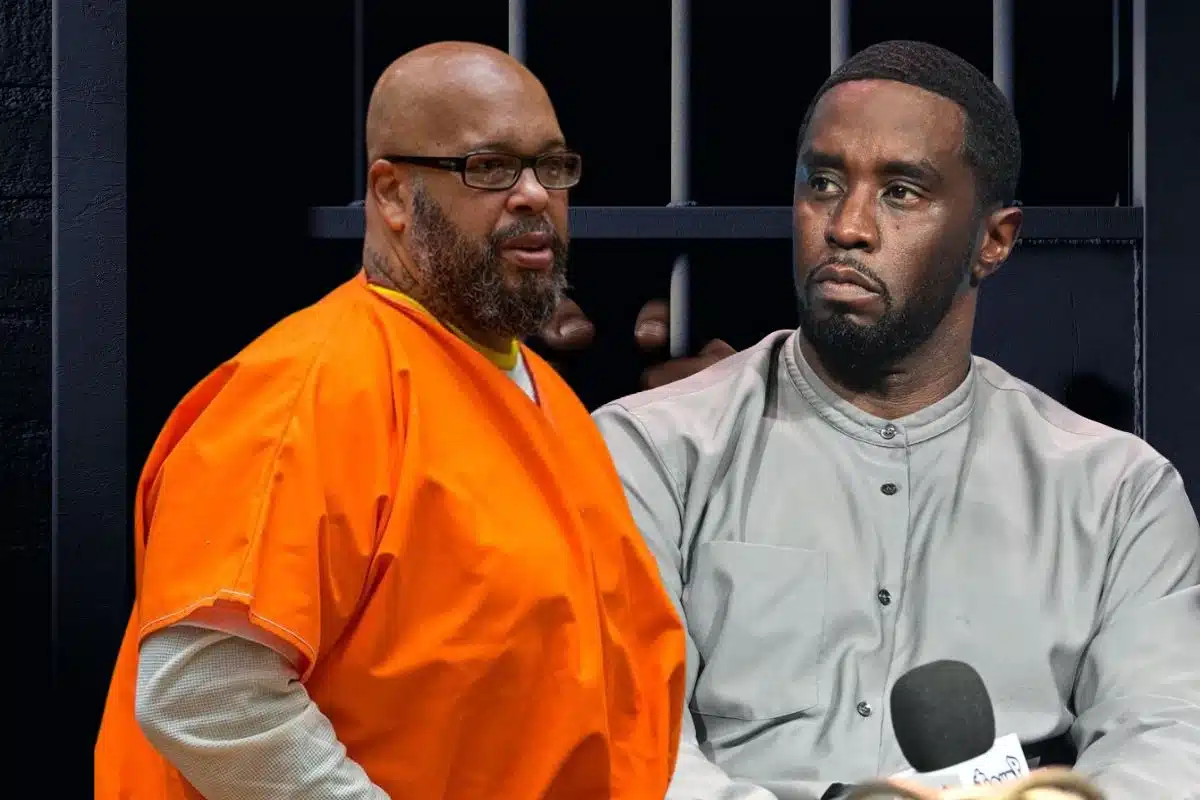
The Response from Diddy’s Camp—Silence and Denial
For his part, Sean “Diddy” Combs has remained largely silent regarding these new waves of allegations. In the past, Diddy has vehemently denied any involvement in unlawful activities or conspiracies, painting himself as a survivor of the violence that plagued his early career, rather than its perpetrator. His reputation, while battered by controversy, has survived numerous scandals—thanks in part to his ongoing reinvention as a business leader, philanthropist, and entertainer.
It is unclear whether Diddy will address the claims directly this time, especially with Knight now publicly backing Deal’s statements. Historically, Diddy has preferred to let lawyers and publicists handle such speculation, carefully protecting his brand.
Implications for Music, Memory, and Justice
As Gene Deal’s allegations circulate and Suge Knight’s backing makes headlines, the hip-hop community is left to grapple once more with questions about truth, legacy, and justice. Is it possible that one of music’s most celebrated icons could be hiding a darker past than the mainstream has acknowledged? And do figures like Deal and Knight, who were there from the start, have a responsibility to keep talking, even if doing so means breaking ranks with a powerful elite?
For now, the saga continues to unfold in interviews, podcasts, and court records—a testament to hip-hop’s unique ability to both reflect and challenge the society from which it sprang. As more voices emerge and more secrets are revealed, the hope is that closure—if it can be achieved—will be guided not just by gossip and speculation, but by a genuine quest for truth and accountability.
Conclusion
Suge Knight’s endorsement of Gene Deal’s claims has reignited decades-old questions about Diddy, Bad Boy, and the nature of hip-hop’s explosive early years. Whether these revelations will lead to renewed investigations or a rewriting of music history remains to be seen. What is certain, however, is that hip-hop’s journey from the streets to the boardroom is fraught with battles—for money, power, respect, and, above all, the truth. As long as figures like Deal and Knight continue to speak out, the conversation is far from over.
